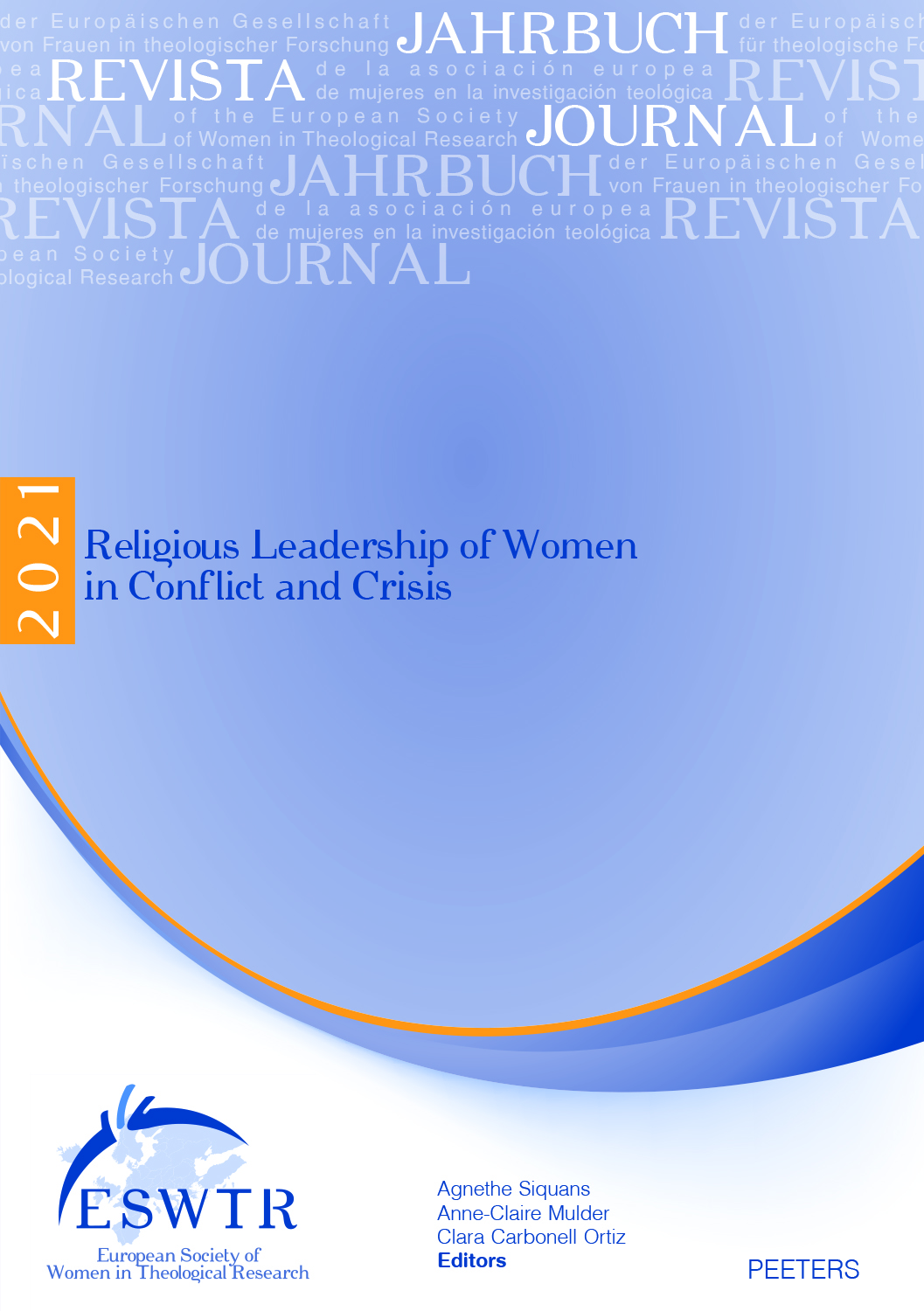 previous article in this issue previous article in this issue | next article in this issue  |

Preview first page |
Document Details : Title: Weiblichkeit als Schicksal Subtitle: Frauen in der Römisch-katholischen Kirche Kroatiens Author(s): ANIC, Rebeka J. Journal: Journal of the European Society of Women in Theological Research Volume: 11 Date: 2003 Pages: 25-48 DOI: 10.2143/ESWTR.11.0.583275 Abstract : In this article, the author describes the situation of women in the Roman Catholic Church in Croatia during three periods: pre-Communist, Communist and postCommunist. She discusses women’s organizations, the rights of women and theories of gender difference. In the pre-Communist period, women’s organizations in society and in the church. Communism brought a break with this tradition. Under democracy, women’s organizations exist only outside the church; in the church, women are simply members of lay organizations. Communism taught the legal equality of women in society, but in the churches it contributed to the disappearance of women from public offices. Before communism understandings of gender difference in the church led to women being seen as subordinate to men; communism and democracy brought the understanding of gender difference as polarity or complementarity. Although an understanding the sexes as complementary should not imply the inferiority of women, this is still often the case in practice. The “silence” of women in the church is still the rule under Democracy, although the increasing numbers of women studying theology encourages the hope that in the future women will show more interest in their situation and more courage to work for change. In conclusion, the author offers suggestions as to how changes might be made. Cet article examine la situation des femmes catholiques romaines de Croatie avant, pendant et après le communisme, sous l’aspect plus particulier, pour ces trois périodes, des organisations de femmes, de leurs droits et des théories sur le genre et la différence entre les sexes. Avant le communisme, les organisations de femmes étaient implantées aussi bien dans les institutions religieuses qu’en dehors. Le communisme a rompu avec cette tradition. La démocratie a renoué avec la tradition des organisations de femmes dans la vie publique, tandis que l’Église catholique romaine ne propose aux femmes désireuses d’entrer dans une institution religieuse que des associations laïques. Le communisme a enseigné l’égalité de droit des femmes dans la société, mais les a tenues à l’écart des charges publiques au sein de l’Église. Avant le communisme, pour l’Église la femme était vouée à la soumission, pendant et après le communisme, dans la démocratie, la différence entre les sexes est comprise comme polarité ou complémentarité. Ce terme qui ne devrait pas, en principe, sous-entendre l’infériorité de la femme, le fait en pratique. Dans la démocratie, règne encore le «silence» des femmes, mais le nombre croissant d’étudiantes en théologie nourrit l’espoir que, dans un proche avenir, les femmes s’intéressent davantage à leur situation dans l’Église, et aient le courage de l’améliorer. A la fin de l’article, l’auteur fait quelques propositions de changements à envisager. |
 |


